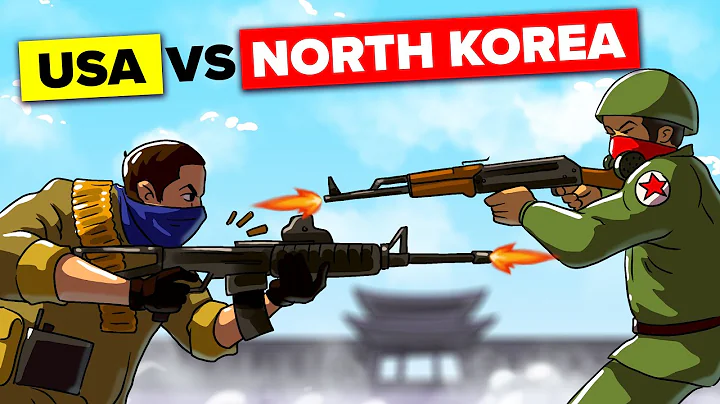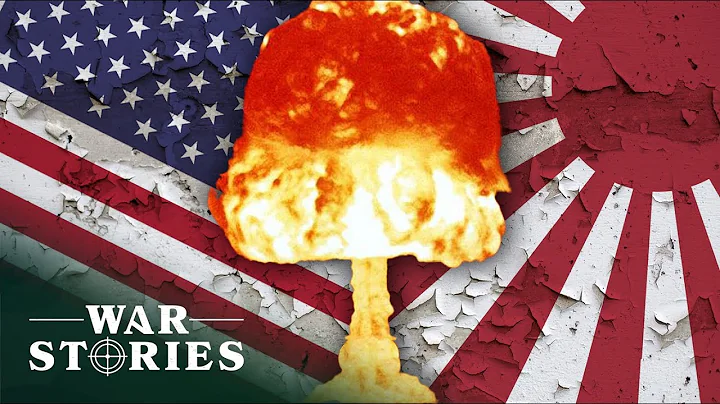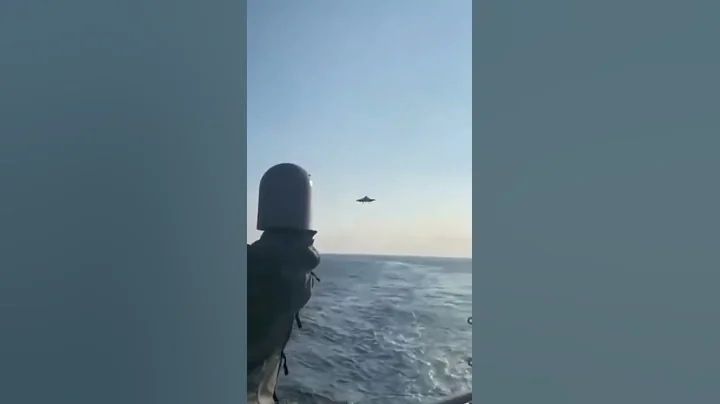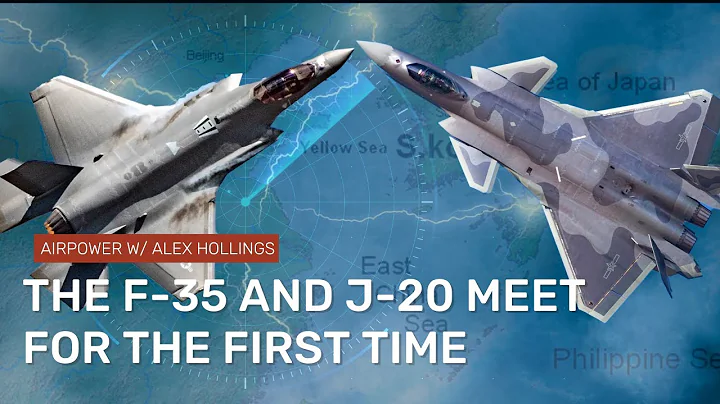
The Volunteer Army would not give the enemy a chance. On December 15, 1950, the Volunteer Army headquarters made up its mind to launch the third campaign. According to the plan, in the third battle, the Volunteer Army will concentrate the strength of about 9 corps and launch attacks from the east and west fronts. Among them, the western front is dominated by 5 armies, including the 38th Army, the 39th Army, the 40th Army, the 50th Army and the 1st Army Corps of the Korean People's Army, with Seoul as the breakthrough direction. The eastern front is dominated by the 42nd Army, the 66th Army and the 1st Army Corps of the Korean People's Army. The 2nd Army and the 6th Army were mainly responsible for supporting the Western Front. The purpose of this battle is to break through the enemy's defense line from the front about 200 kilometers on the western front, and to annihilate the enemy's main force between the "38th Parallel" and the "37th Parallel", laying the foundation for solving the Korean issue.
At 17:00 on the evening of December 31, 1950, the artillery unit of the Volunteer Army first bombarded the enemy's position. Subsequently, various units of the Volunteer Army began to implement breakthroughs under the cover of artillery fire and launched a general offensive against the enemy. Suddenly, the "38th Parallel" area was plunged into smoke and fire. Countless soldiers jumped up from their ambush starting positions and launched a fierce attack on the enemy's positions. The enemy did not expect that the volunteers would suddenly attack, and many people were wiped out by the volunteers before they had time to react. The enemy's hard-working defense line along the "38th Line" collapsed in an instant.
In this battle, the 39th Army, as the right-wing attack column, was responsible for breaking through the "38th Line" from the Imjin River line. The 39th Army's frontmost unit was the 116th Division. After the Volunteer Army's artillery began to bombard the enemy's positions, the enemy's positions on the other side of the Imjin River suddenly fell into a sea of fire. The enemy's firepower points were cleared one by one, and the mines placed on the river beach were also blown up one by one. The 346th Regiment on the left wing of the 116th Division had already been prepared. As soon as the artillery started firing, the soldiers of the 1st Company of the 346th Regiment rushed out of the air raid shelter, waiting for the moment of charge.

Seeing that the enemy was gradually suppressed by the volunteers' artillery fire, Liu Yuyuan, deputy commander of the 1st company, immediately gave an order, and the troops rushed towards the other side like a tide. The one who rushed to the front was Squadron 5 of the 1st Company. Nine soldiers, led by squad leader Wei Jixian, crossed the Linjin River on the ice and rushed to the other side. Behind Squad 5, Liu Yuyuan followed closely with the main force of the 1st company, and soon set foot on the river bank. After landing, Liu Yuyuan ordered the entire company to focus on light and heavy machine guns to shoot at the enemy to cover the advance of Squad 5. Under the cover of their comrades, Squad 5 fought hard to attack the enemy. The enemy had never seen such a formation before. They were immediately frightened into a mess and did not dare to resist. Many people simply dropped their weapons and ran away.
Soon, Class 5 rushed up the first hill. Wei Jiyuan found that there was half the enemy class in the fortification, so he quickly threw a grenade in, and then picked up his submachine gun and fired a burst of fire. The enemy simply turned around and ran away. Squadron 5 pursued the enemy and occupied the beachhead. From the start of the battle to the present, only 4 minutes passed before the 1st Company broke through the enemy's beachhead. After occupying the second hilltop, Liu Yuyuan personally used a wireless phone to contact the regiment command post to report the situation: "We have now crossed the road and are preparing to attack Highland 192."
Immediately afterwards, the 1st company and 1st platoon rushed down the road first. Under the guidance of Squad 4, they launched an attack on Highland 192. The enemies on Highland 192 were already prepared. As soon as the 1st platoon approached the top of the mountain, the enemy immediately focused on two 60mm guns and 1 heavy machine gun to form a firepower network, firmly suppressing the 1st platoon at the foot of the mountain. The 2nd platoon also arrived at this time. Seeing that the attack was blocked, the 2nd platoon leader Shan Taikang quickly asked the shooter Meng Huidu to take the rocket launcher to destroy the enemy's bunker. Meng Huidu destroyed the enemy's bunker with just one shot, and also killed five or six enemies.Seeing this, the remaining enemies no longer dared to resist, threw down their 60-mm artillery pieces and heavy machine guns and ran away.

After capturing Highland 192, the three platoons of the 1st company immediately separated and continued to fight forward. The 1st platoon first occupied a small hilltop, and then continued to fight towards the hilltop ahead. The enemy deployed about a platoon of troops on the top of the hill. They relied on the strong defenses and continued to resist on the top of the hill. The 1st Platoon launched five consecutive attacks, all of which were repulsed by the enemy. When Li Changyi, the platoon leader of the 1st Platoon, saw that this was not going to work, he quickly asked the 60th gunner Wang Gongchen to shoot towards the mountain, and at the same time asked the 1st Platoon to go up from the side. Unexpectedly, Wang Gongchen destroyed all the enemies with five shots. When the 1st squadron reached the top of the mountain, only a few corpses were left. Interestingly, on the way down, Class 1 happened to encounter three enemy cars coming on the highway. After a burst of machine gun grenades, all three cars were overturned.
After conquering several hills in succession, the 1st Company stopped temporarily, preparing to rest for a while before heading towards Mazhili. Liu Yuyuan had been busy investigating the enemy's situation in the Imjin River area during this period, and had not slept much. He simply lay down and prepared to take a nap. Unexpectedly, as soon as he fell asleep, he was awakened by the sound of rapid footsteps. Liu Yuyuan thought it was friendly troops passing by at first, but when he took a closer look, he immediately realized something was wrong. The group of people coming on the road were wearing flashlights. The volunteers did not have so many flashlights at the time, so they could only be enemies.
Unexpectedly, there were enemies behind him. Liu Yuyuan couldn't help but be shocked: "Where did these enemies come from, and why did they run behind us?" But he couldn't think too much now, and he immediately ordered the 1st company to prepare for battle. This group of enemies actually retreated from the front line of the Imjin River and wanted to flee south. Unexpectedly, they encountered the 1st Company here. Under the ambush of the 1st Company, most of the enemy group was wiped out, and 5 prisoners were captured. The rest all fled in all directions.

Subsequently, the 1st Company continued to advance in the direction of Mazhili. The soldiers climbed over the hills one after another, constantly repelling the enemy's counterattacks. At about 4 o'clock in the morning the next day, the 1st Company finally arrived at Mazhili. However, here, the enemy established a solid offensive. They relied on bunkers and powerful firepower to block the 1st Company's path forward. The 1st Company and 3rd Platoon attacked several times in succession, but were beaten back by the enemy.
html Class 15 was originally a unit of the 2nd platoon. Since the 2nd platoon leader Shan Shikang was injured when attacking Highland 192, he asked Weiji to continue leading Class 5 forward first and must capture Highland 192. After capturing Highland 192, Squadron 5 continued to capture several hilltops, and together with the 3rd Platoon, they first reached the Mazhili area. Seeing that the frontal attack was not going well, Wei Jixian had no choice but to stop temporarily. At this moment, Wu Yinbao, a soldier of Squad 5, discovered some bunkers on the right side of the enemy's position, so he sneaked past and blew up the nearest bunker with a grenade.
Wu Yinbao's actions reminded Wei Jixian that since a frontal attack is unfavorable, why not try the flank? He simply took the 5th squadron to detour from the right side and blew up 7 enemy bunkers in a row. The actions of Squad 5 disrupted the enemy's deployment, and the 3rd Platoon also took the opportunity to launch a frontal attack, finally wiping out the enemy and occupying Majili. In this series of battles, due to Wei Jixian's good command, no one in the 5th squad fell behind, and only one person was slightly injured.

In fact, many people in the 1st Company were injured on the road from Imjin River to Mazhili, but they still persisted and reached Mazhili. Instructor Yang Chun was injured while attacking the bunker in front of Highland 192, but he did not say a word and still insisted on moving forward. On the way to Mazhili, he suffered three more wounds, and three pieces of shrapnel were not removed from his body. He still refused to get out of the firing line and persisted until Mazhili. After Xia Jingfeng, squad leader of the 1st squad, was injured, he refused to get out of the firing line. He carried three blasting tubes and rushed to Mazhili. Qin Xueming, a soldier from Class 7, was injured when he broke through the Linjin River. He fought with the injury for more than 30 miles and did not stop until the mission was completed.
It was precisely because of the efforts of these brave soldiers that the enemy's painstakingly arranged defense line was ineffective and collapsed in just one night.By the next morning, the 116th Division had completely separated the South Korean army's positions and reached the second line of defense defended by the US military. In fact, the enemy had completely collapsed at this time. On this day, Li Qiwei issued an order to retreat across the board, and the various units of the Volunteer Army began to continue to pursue the enemy southward.





















